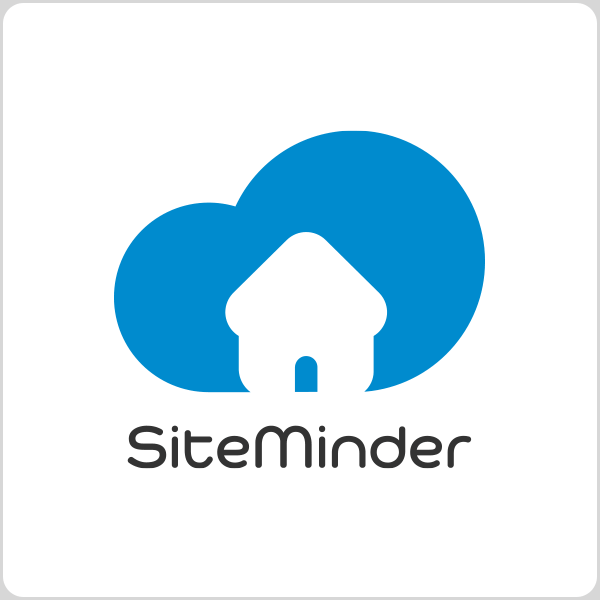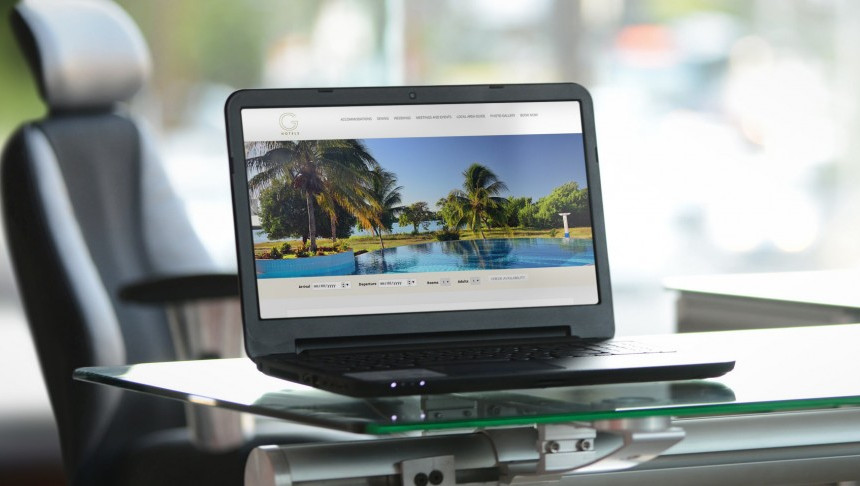The growth in last-minute bookings offers an opportunity for hotels to shift stressed inventory – but only if they have the right systems in place. This SiteMinder blog offers advice to help hoteliers sell those very final rooms and maximise bookings…
If mobile technology has already transformed everyday life in ways we could not have imagined a decade ago, it is set to deliver even more profound innovations in the years ahead. Half of the world’s population now has a mobile device, up from just one in five 10 years ago. An additional one billion subscribers are predicted by 2020, taking the global penetration rate to around 60%.
Savvy start-ups such as Uber are taking advantage of the explosion in mobile technology to reinvent tired business models, while established brands like American Airlines and Hilton are looking to wearable technology to appeal to the next generation of travellers.
If you think such innovation is just the domain of nimble start-ups or big brands, think again. For hotels, it is equally a case of innovate or die, with mobile disruption extending into the familiar territory of travel and hotel bookings.
More and more customers are booking travel via mobile devices, according to a report released in July 2015 by Phocuswright and Millward Brown Digital. The report states that almost 30% of US travellers used a mobile device to book their travel in 2014, up from almost 20% in 2013. These results are consistent with Phocuswright’s Mobile Travel Landscape report released in May, which predicts about $30 billion worth of travel will be booked via mobile devices in the US by 2016.
Last-minute bookings take off
The portability and immediacy of mobile devices seem to be driving a change in travel booking behaviour. Recent data from Hotels.com shows that 50% of travellers who book via mobile devices do so for last-minute or next-day stays. Similarly, Phocuswright found that 30% of searches are on online travel agent (OTA) mobile websites, and nearly one in four on hotel mobile sites are for same-day or next-day check in.
The trend towards mobile bookings and the accompanying trend towards last-minute bookings represent a huge opportunity for hotels to sell their very final rooms, right up to the last minute. But only hotels with the right technology in place will be able to take advantage.
Many hotels are still operating on an inventory allocation model. With this method, the hotel allows each of its channels a certain number of rooms. This means splitting up inventory according to how much you think each channel will sell and reserving some for direct bookings. There are several drawbacks to this approach…
Firstly, you may overbook your rooms. For example, you accept a booking over the phone, but within minutes the room is sold via a booking site, before you can log in and update it. With your room now double-booked, you have to upgrade your guests or turn them away completely. Many hotels keep back a number of rooms to avoid this happening, losing out on valuable revenue by holding rooms ‘just in case’.
This is not the only way the allocated inventory model creates waste. For example, you could give two channels 10 rooms each. Channel one sells them all, while channel two only sells one. Channel one could have sold all the rooms, but instead you have nine rooms sitting empty because you allocated them to channel two.
The answer is a pooled inventory system via a channel manager such as SiteMinder’s. This allows you to increase your revenue and reduce waste, by ensuring all inventory is available across all your channels – and you can keep all available rooms listed right up to the last minute. When a room is booked, SiteMinder’s Channel Manager automatically updates it across all channels. You can also change the room rates across all channels without logging into multiple sites to make updates.
Read the full article at: SiteMinder





